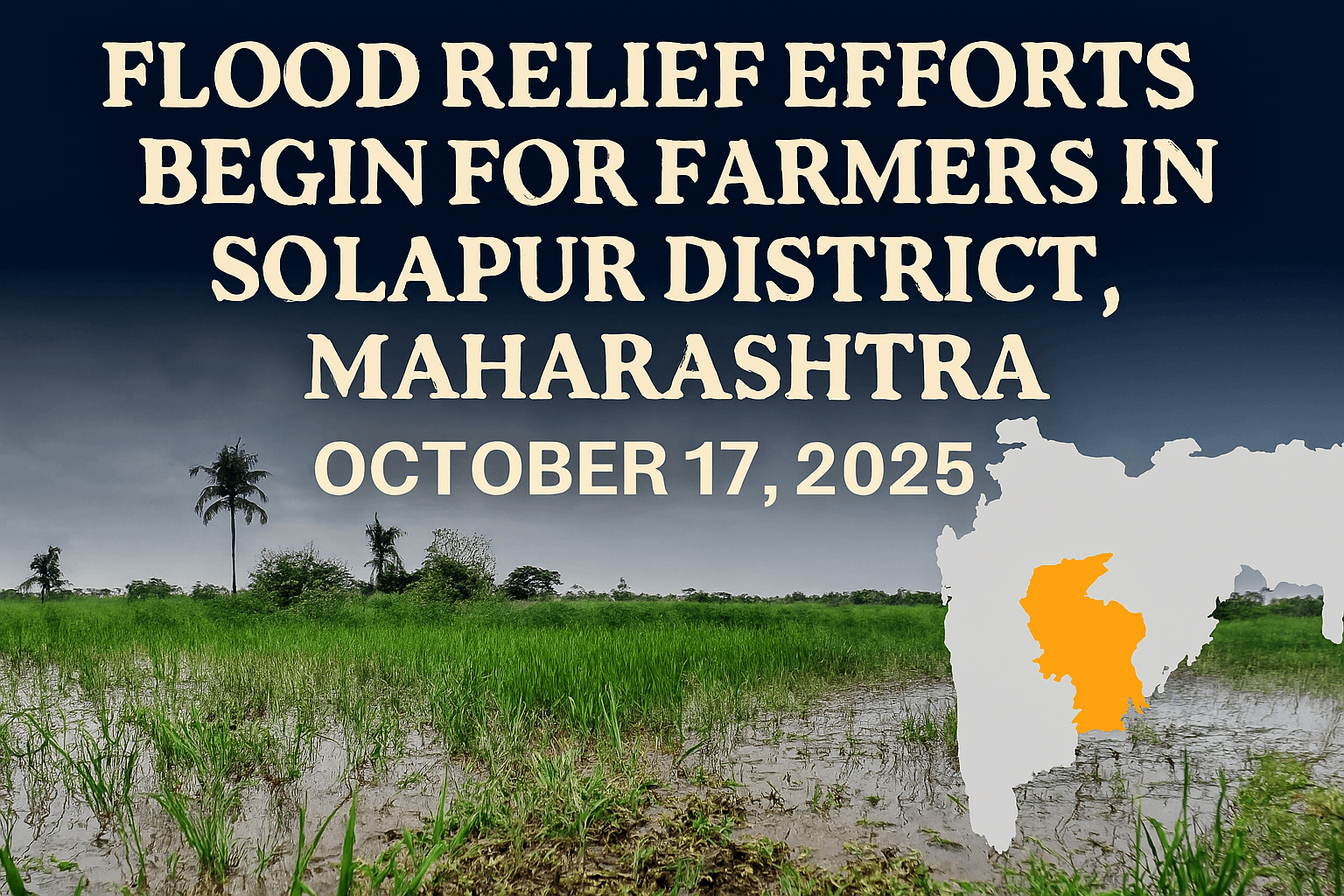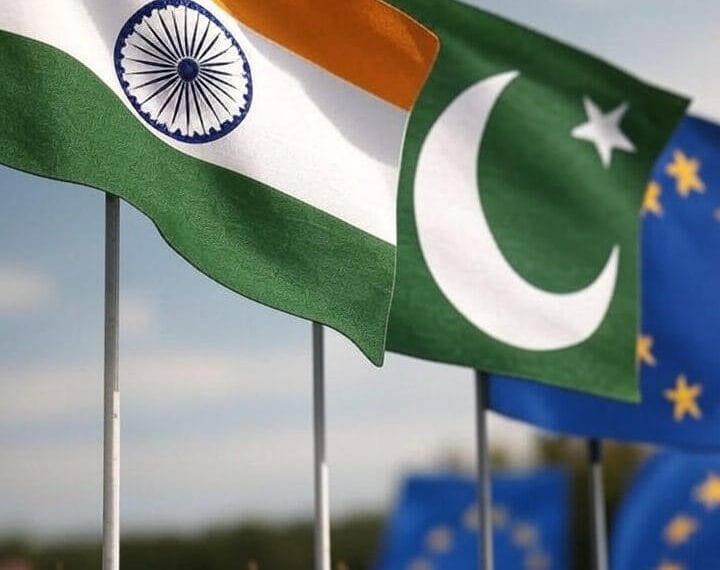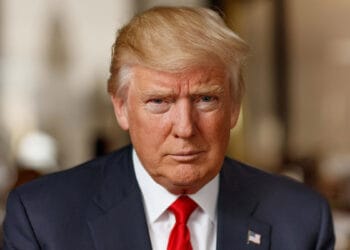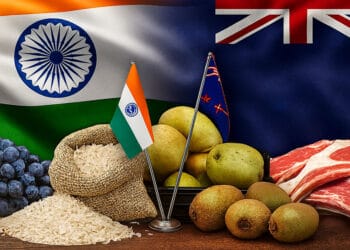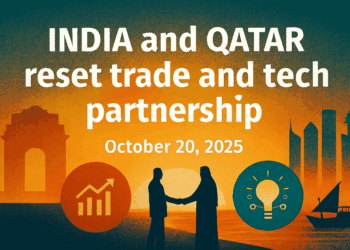A fresh dispute over the protected status of basmati rice has intensified tensions between India and Pakistan, potentially complicating New Delhi’s push for a free trade agreement (FTA) with the European Union (EU).
India and Pakistan, the world’s largest producers of basmati rice, are locked in a battle over exclusive rights to the name. Both nations want the label to be restricted to rice grown in designated regions, which would allow exporters to command higher prices in international markets.
EU’s Balancing Act
Negotiators from the EU, currently in New Delhi to advance trade talks, are facing pressure from India to recognise its sole claim over the basmati designation. However, such a move could trigger a diplomatic rift with Islamabad. EU officials have indicated that they are “playing for time” to avoid escalating tensions between the two South Asian rivals.
India first applied for geographical indication (GI) status for basmati rice in Europe seven years ago and has grown increasingly impatient over the delay. Pakistan, in 2023, filed its own application to define the grain’s production areas, including districts in Pakistan-Occupied Kashmir. EU sources note that recognising this claim would imply acceptance of Pakistan’s sovereignty over those territories, a position unacceptable to New Delhi.
A Symbol of Pride
For both India and Pakistan, basmati rice is more than just a commodity—it is a symbol of cultural heritage and national pride. The aromatic grain is primarily cultivated in the fertile fields of Punjab, a region historically shared by the two countries.
In the early 2000s, both nations joined forces to challenge patents on basmati rice filed by US-based company RiceTec, accusing it of “biopiracy.” They even explored filing a joint application in the EU. However, cooperation collapsed following the 2008 Mumbai terror attacks, which derailed bilateral collaboration across multiple sectors.
By 2018, India moved forward with its application for sole ownership, aiming to secure its export markets and strengthen its global trade position.
Trade and Export Stakes
The outcome of this dispute carries significant commercial implications. In 2024-25, India exported basmati rice worth ₹6,374 crore to Iran alone, accounting for over 12% of its total basmati exports. Any decision by the EU could directly impact trade flows, pricing, and market share for exporters on both sides of the border.
EU representatives have clarified that proceedings for both Indian and Pakistani applications are running in parallel, keeping the issue unresolved.
India Pushes for FTA
Despite the basmati standoff, India remains focused on finalising a free trade agreement with the EU. Commerce Minister Piyush Goyal recently said that the deal would benefit “businesses and consumers on both sides” and is a priority for New Delhi’s trade agenda.
However, with the basmati dispute adding a layer of complexity, EU negotiators face the delicate task of balancing economic cooperation with geopolitical sensitivities in South Asia.












